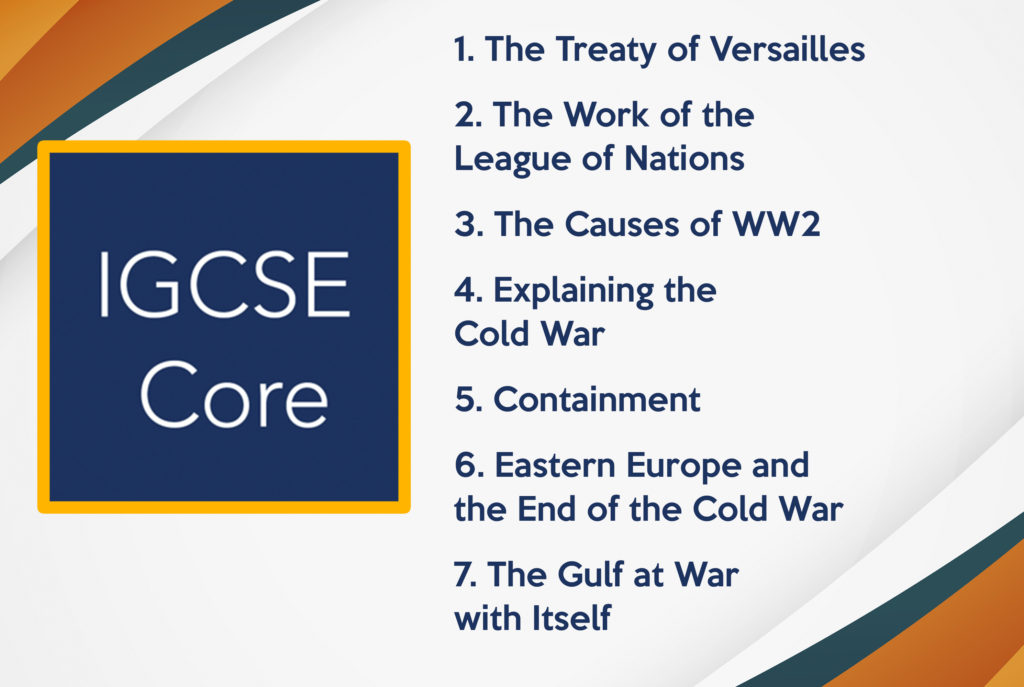Hitler’s War: Words and Military Planning
The argument that WW2 has to be seen as Hitler’s war comes from four directions: his words (both written and spoken), his military preparations, his diplomacy and his determination to seize on opportunities, even when they didn’t at first exist until he had created them. This short piece, the first of two, will briefly look at Hitler’s words though will focus mostly on his military planning.
First, his words, and it is to Mein Kampf , his book mostly written whilst in prison, that I shall turn to. Many historians use it as their starting point in discussing Hitler’s war plans. William Shirer describes Mein Kampf as,’ The blueprint of the Third Reich…’1 Though it can be easily argued that it didn’t constitute a plan – it did not list the steps to be taken, or the order in which they should be taken, nor did it have details of timing and resources required – but Hitler didn’t opt for Business Management at school though in Mein Kampf he did clearly set out his aims.
So let’s take a snippet of what he said in his book: Hitler reasoned that for Germany to regain its position as a world power, confrontation with ‘the inexorable mortal enemy of the German people’, i.e. France, ‘a final active reckoning … a last decisive struggle …’ was inevitable. Whilst with regard to lebensraum, Hitler clearly preferred to look east rather than building an overseas empire, a mistake of the Hohenzollern Empire: ‘Territorial policy cannot be fulfilled in the Cameroons but today almost exclusively in Europe’, territory that ‘exists for the people which possesses the force to take it.’ And this new territory, or ‘soil’ as Hitler liked to call it, ‘could be obtained by and large only at the expense of Russia … by the German sword sod for the German plow and daily bread for the nation.’2 And in case this wasn’t clear enough, in the second volume, mostly written in 1925, he wrote: ‘we National Socialists consciously draw a line beneath the foreign policy of our pre-War period…. And if we speak of territory in Europe, we can have in mind only Russia and her vassal border states.’3
The second factor was his military preparations, rearmament and increasing the size of his army, of course, but also the way in which he prepared his generals and the German people for war. The build-up of the armed services and their rearmament continued in secrecy, and though it should be stressed that his had begun before Hitler came to power, it now accelerated considerably. And Hitler also went public (though it would have been impossible to keep rearmament on such a scale a secret anyway). In January, 1935 he held a massive ‘Freedom to Rearm’ rally, and on March 16th, he announced universal military service targeting a peacetime army of 500,000 men. He first let the world know of his air force a few days earlier via an interview Goring had with the British newspaper, the Daily Mail, on March 10th, 1935.
But Hitler’s military preparations went even deeper. When Hitler was forced in 1936 to make the choice between “guns versus butter”, that is continuing with his preparation for war at the expense of the consumer economy, he chose guns. It was the end, or at least the beginning of the end, of Schacht, his non-Nazi Minister of Economics and it was Goring who was put in charge of a new Four-Year Plan (it was publicly announced at the Party rally on September 9th, 1936). The plan was designed to prepare Germany for war, not just in military equipment but self-sufficiency in war materials and in food. Two years later, during a conference on the Four-Year Plan, held on October 14th, 1938, Goring announced what looked like a war economy. This included increasing the army’s heavy artillery as well as its number of tanks. It also included a doubling of the Luftwaffe’s strength. Also, improved communications were targeted and the development of ersatz or substitute products. And at a meeting of the newly formed Reich Defence Council held on November 18th, Goring talked of ‘a gigantic programme compared with which previous achievements are insignificant.’4
Before leaving military planning, however, we can complete something of a circle by comparing what Hitler had written in Mein Kampf with what he told a meeting with six key personnel: von Blomberg, the Minister of Defence and Baron von Neurath, Foreign Minister, Colonel General Baron von Fritsch, Commander in Chief of the Army, Admiral Dr. Raeder, Commander in Chief of the Navy, and Colonel General Goring, Commander in Chief of the Air Force, and Colonel Hossbach, military adjutant to Hitler, who took notes of the meeting and wrote them up as a secret memorandum (it became known as the Hossbach Memorandum). The meeting took place at the beginning of November, 1937 and Hitler shared his plans with his military leaders.
Lebensraum was the key to his thinking: ‘It is not a case of conquering people but of conquering agriculturally useful space.’5 Germans not only had ‘the right to a greater living space than other peoples,’ he said, but ‘Germany’s future was wholly conditional upon the solving of the need for space…. in immediate proximity to the Reich.’6 This would mean war, particularly as he acknowledged that Britain and France, two ‘hate-inspired’ countries, would stand in Germany’s way. Russia, too, would no doubt stand in their way. And he went on to outline three scenarios that Germany could face, and so should prepare for. In any of them, he made clear that it would be necessary to have first secured Austria and Czechoslovakia so as to shorten Germany’s borders and protect its flank. They would also, of course, acquire for Germany some twelve million Germans which would add to the army’s manpower (enough for twelve additional divisions), and would provide food and industry.
So, I think it’s fair to say that military planning did take place and that it linked to Hitler’s “words”. It also shows a great degree of consistency in Hitler’s intentions: revise the Treaty of Versailles and make Germany a great power again, and gain living space. And in the process France and the Soviet Union (hopefully not Britain) would have to be confronted.
1 William L. Shirer, The Rise and Fall of the Third Reich, p. 81
2 Quoted in William L Shirer, pp. 82-3
3 Quoted in Alan Bullock, Hitler and Stalin: Parallel Lives, p. 154 + Ian Kershaw, Hitler: Hubris, p. 249
4 Quoted in Alan Bullock, Hitler and Stalin: Parallel Lives, p. 649
5 Quoted in Ruth Henig, The Origins of the Second World War, p. 30
6 Quoted in William L. Shirer, p. 305





